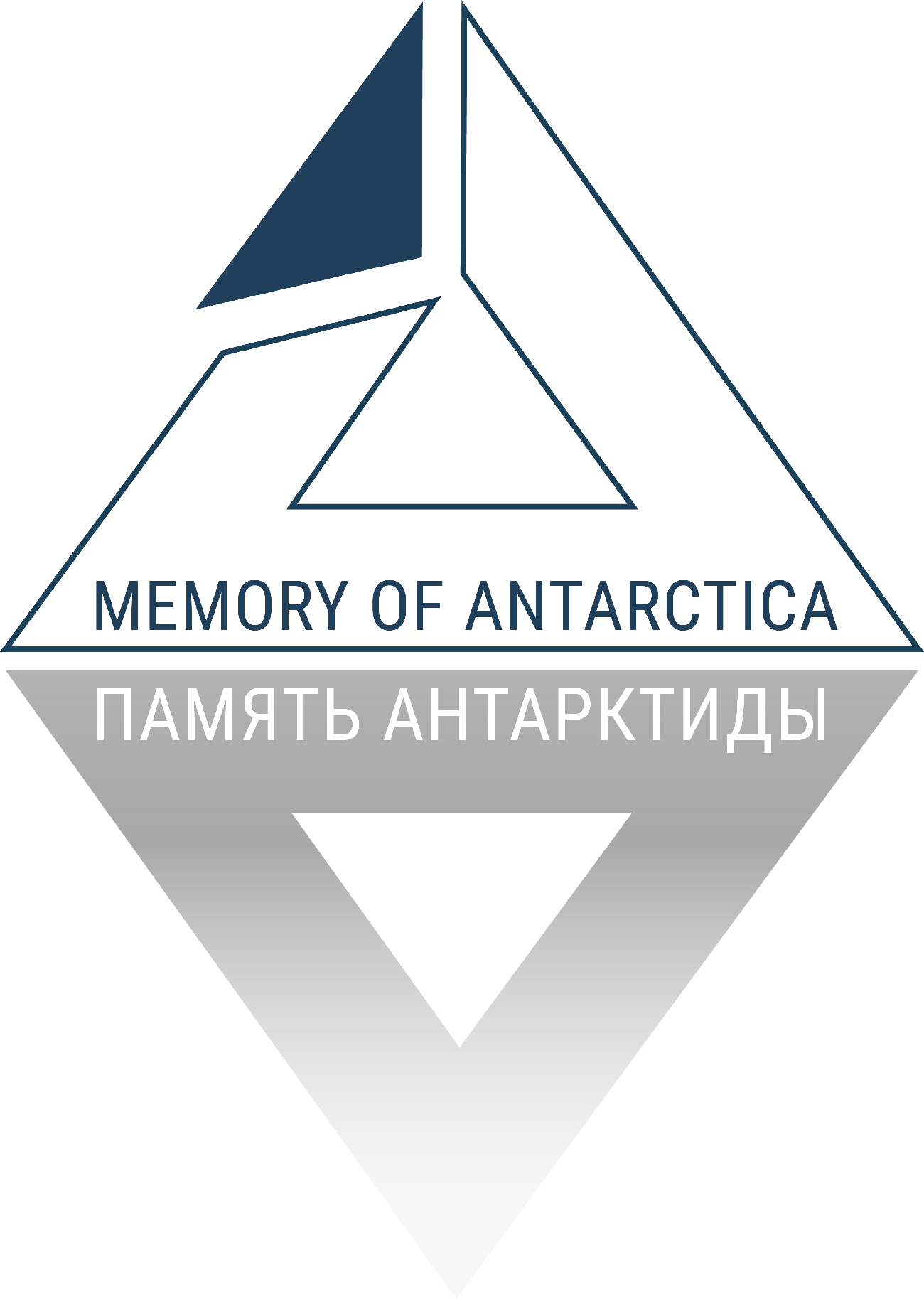Nikolaev Eduard
22.03.2004
Nikolayev Eduard Sergeevich
A gas-electric welder, burned down in a tractor on 22.03.2004 after returning a sledge-crawler hike from the East to Mirny
***
‘Hello, Mother,’ mechanic Eduard Nikolaev wrote home from Antarctica in 2004. ‘Everything’s fine, I’m safe and sound. We’re leaving the Vostok station today. We’ve completed the main task of delivering fuel. Now it’s time to go back to Mirny.
Here’s a bit about our everyday. Baloks (cabins on rails) are very comfortable here. It’s not the same as home, for sure, but overall, quite nice too. There’s water, a warm WC, we get the heat on the move from the engine, and when we’re not moving, like now, there’s always the little power plant. We just turn on the electric heaters, and voilà! In any case, we sleep in our underwear at the moment, and it’s minus 60 degrees outside.’
When a sled train would return from Vostok to Mirny, it was customary to greet it with cheer even before it reached the station. The travellers, who had not had hot water in over a month, drank their combat 100 grams of vodka and were immediately invited to a heated banya. After that, they had a celebratory meal in the mess-room.
The burning car was discovered only at daybreak. They tried to extinguish the fire, but it was too late.
It turned out that Edik had left the raucous party and wanted to get a good night’s rest in the car.
The explorer’s remains were buried in a small sarcophagus on Buromsky island. As of today, it is the latest grave at the Antarctic cemetery.
Natalia, Edik’s wife, reminisces:
‘We met each other at his friend’s wedding. I was a witness and the master of ceremonies. I was running around, all business-like, organising everything, providing seats for everyone.
When I saw him, I said, “Whoa, I’m in trouble now. If he doesn’t become mine, I’ll never forgive myself.”
Edik was standing there, smoking. Then he saw me, dropped the cigarette and said: “Whoa, that’s it, I’m in trouble now.”
We started dating and we almost never parted.
He was very kind, so gentle and sweet. We met about a month after he’d returned from his first expedition. Edik came home in such high spirits, he was so inspired. He was very cheerful and upbeat. It was as if he had been revitalised.
I didn’t really want to let him go the second time. I realised it was risky. The expedition was dangerous, after all. But he said, “Please try to understand, the sky is for a pilot, the sea is for a sailor, and Antarctica is for me. There’s no other way. My heart is over there.”’
A gas-electric welder, burned down in a tractor on 22.03.2004 after returning a sledge-crawler hike from the East to Mirny
***
‘Hello, Mother,’ mechanic Eduard Nikolaev wrote home from Antarctica in 2004. ‘Everything’s fine, I’m safe and sound. We’re leaving the Vostok station today. We’ve completed the main task of delivering fuel. Now it’s time to go back to Mirny.
Here’s a bit about our everyday. Baloks (cabins on rails) are very comfortable here. It’s not the same as home, for sure, but overall, quite nice too. There’s water, a warm WC, we get the heat on the move from the engine, and when we’re not moving, like now, there’s always the little power plant. We just turn on the electric heaters, and voilà! In any case, we sleep in our underwear at the moment, and it’s minus 60 degrees outside.’
When a sled train would return from Vostok to Mirny, it was customary to greet it with cheer even before it reached the station. The travellers, who had not had hot water in over a month, drank their combat 100 grams of vodka and were immediately invited to a heated banya. After that, they had a celebratory meal in the mess-room.
The burning car was discovered only at daybreak. They tried to extinguish the fire, but it was too late.
It turned out that Edik had left the raucous party and wanted to get a good night’s rest in the car.
The explorer’s remains were buried in a small sarcophagus on Buromsky island. As of today, it is the latest grave at the Antarctic cemetery.
Natalia, Edik’s wife, reminisces:
‘We met each other at his friend’s wedding. I was a witness and the master of ceremonies. I was running around, all business-like, organising everything, providing seats for everyone.
When I saw him, I said, “Whoa, I’m in trouble now. If he doesn’t become mine, I’ll never forgive myself.”
Edik was standing there, smoking. Then he saw me, dropped the cigarette and said: “Whoa, that’s it, I’m in trouble now.”
We started dating and we almost never parted.
He was very kind, so gentle and sweet. We met about a month after he’d returned from his first expedition. Edik came home in such high spirits, he was so inspired. He was very cheerful and upbeat. It was as if he had been revitalised.
I didn’t really want to let him go the second time. I realised it was risky. The expedition was dangerous, after all. But he said, “Please try to understand, the sky is for a pilot, the sea is for a sailor, and Antarctica is for me. There’s no other way. My heart is over there.”’
Family's archive photos









Письма и документы






